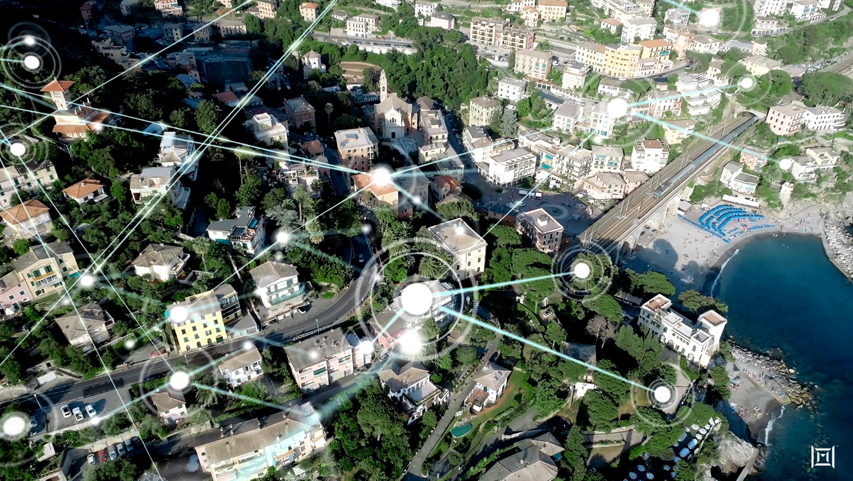

By Michael Kanellos, Head of Influencer Relations, Marvell
AI’s growth is unprecedented from any angle you look at it. The size of large training models is growing 10x per year. ChatGPT’s 173 million plus users are turning to the website an estimated 60 million times a day (compared to zero the year before.). And daily, people are coming up with new applications and use cases.
As a result, cloud service providers and others will have to transform their infrastructures in similarly dramatic ways to keep up, says Chris Koopmans, Chief Operations Officer at Marvell in conversation with Futurum’s Daniel Newman during the Six Five Summit on June 8, 2023.
“We are at the beginning of at least a decade-long trend and a tectonic shift in how data centers are architected and how data centers are built,” he said.
The transformation is already underway. AI training, and a growing percentage of cloud-based inference, has already shifted from running on two-socket servers based around general processors to systems containing eight more GPUs or TPUs optimized to solve a smaller set of problems more quickly and efficiently.
By Gidi Navon, Senior Principal Architect, Marvell
By Alik Fishman, Director of Product Management, Marvell

In our series Living on the Network Edge, we have looked at the trends driving Intelligence, Performance and Telemetry to the network edge. In this installment, let’s look at the changing role of network security and the ways integrating security capabilities in network access can assist in effectively streamlining policy enforcement, protection, and remediation across the infrastructure.
Cybersecurity threats are now a daily struggle for businesses experiencing a huge increase in hacked and breached data from sources increasingly common in the workplace like mobile and IoT devices. Not only are the number of security breaches going up, they are also increasing in severity and duration, with the average lifecycle from breach to containment lasting nearly a year1 and presenting expensive operational challenges. With the digital transformation and emerging technology landscape (remote access, cloud-native models, proliferation of IoT devices, etc.) dramatically impacting networking architectures and operations, new security risks are introduced. To address this, enterprise infrastructure is on the verge of a remarkable change, elevating network intelligence, performance, visibility and security2.
By Suresh Ravindran, Senior Director, Software Engineering

So far in our series Living on the Network Edge, we have looked at trends driving Intelligence and Performance to the network edge. In this blog, let’s look into the need for visibility into the network.
As automation trends evolve, the number of connected devices is seeing explosive growth. IDC estimates that there will be 41.6 billion connected IoT devices generating a whopping 79.4 zettabytes of data in 20251. A significant portion of this traffic will be video flows and sensor traffic which will need to be intelligently processed for applications such as personalized user services, inventory management, intrusion prevention and load balancing across a hybrid cloud model. Networking devices will need to be equipped with the ability to intelligently manage processing resources to efficiently handle huge amounts of data flows.
By George Hervey, Principal Architect, Marvell

In the previous TIPS to Living on the Edge, we looked at the trend of driving network intelligence to the edge. With the capacity enabled by the latest wireless networks, like 5G, the infrastructure will enable the development of innovative applications. These applications often employ a high-frequency activity model, for example video or sensors, where the activities are often initiated by the devices themselves generating massive amounts of data moving across the network infrastructure. Cisco’s VNI Forecast Highlights predicts that global business mobile data traffic will grow six-fold from 2017 to 2022, or at an annual growth rate of 42 percent1, requiring a performance upgrade of the network.
Copyright © 2025 Marvell, All rights reserved.

